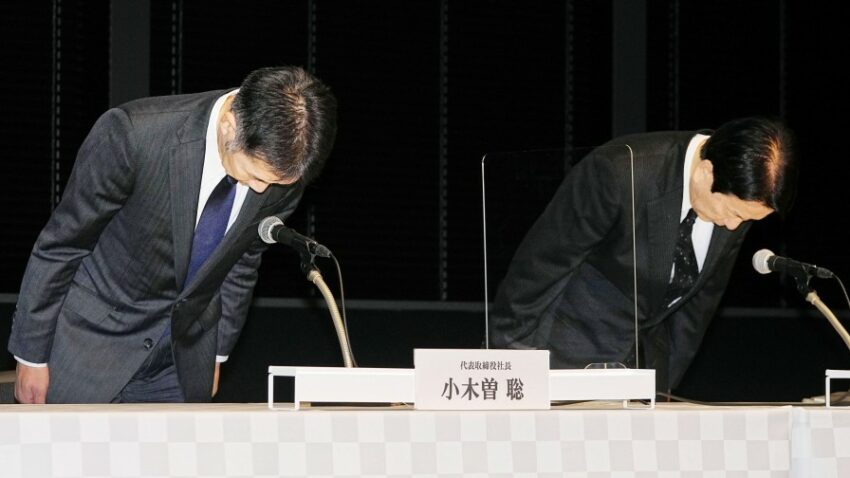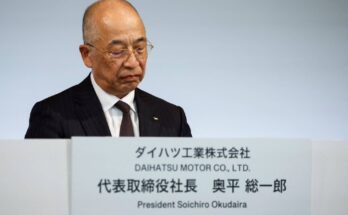Hino, a major affiliate of Toyota Motor Corporation falsified emissions data on some engines going back to at least 2003, more than a decade earlier than previously indicated, a company-commissioned probe shows.
The investigative committee blamed the scandal on an environment where engineers did not feel able to challenge superiors, in a rare criticism of corporate culture in Japan. The committee, composed of lawyers and a corporate adviser, was set up by Hino earlier this year after it admitted to falsifying data related to emissions and fuel performance of four engines.
Related: Toyota Subsidiary Hino Admits Yearslong Use of Fraudulent Emissions Data
The findings detail an inflexible atmosphere where it was difficult for staff to feel “psychological safety”. A sense of past success on the part of management helped engender the culture, said committee chairperson Kazuo Sakakibara, who was the former head prosecutor at the Osaka District Public Prosecutors Office. In a briefing, he said:
“The magnitude of their past successes has made them unable to change or look at themselves objectively, and they have been unaware of changes in the external environment and values. The organization has become an ill-organized one where people are unable to say what they cannot do.”

Hino’s president, Satoshi Ogiso, apologized to reporters and said management took its responsibilities seriously. He said he had received a message from Toyota’s president, Akio Toyoda, who said the misconduct at Hino has betrayed the trust of all stakeholders. Keep in mind Toyota owns 50.1% of Hino. The Japanese heavy vehicle maker said it would come up with a new corporate governance system within three months.
Related: Toyota to Pay More Than $2 Billion to Customers in Class Action Over Faulty DPFs
The automaker said the committee had found evidence of falsification stretching back to at least October 2003, as opposed to the previously disclosed timeframe of around 2016. The transportation ministry, which revoked the truck maker’s certification of the affected engines in March, said it would conduct an on-site investigation of the company.

The committee did not find evidence that executives outside the powertrain unit were aware of the misconduct. The division requires high expertise, which hindered personnel changes and allowed misconduct to continue, committee member Makoto Shimamoto said.
“Misconducts have been passed down within the unit, but there were no monitoring functions in other units, which is a major issue. Even if there was no personnel movement within the organization, these issues should have been found.”
Source: Reuters

A computer animation professional with over 23 years of industry experience having served in leading organizations, TV channels & production facilities in Pakistan. An avid car enthusiast and petrolhead with an affection to deliver quality content to help shape opinions. Formerly written for PakWheels as well as major publications including Dawn. Founder of CarSpiritPK.com




